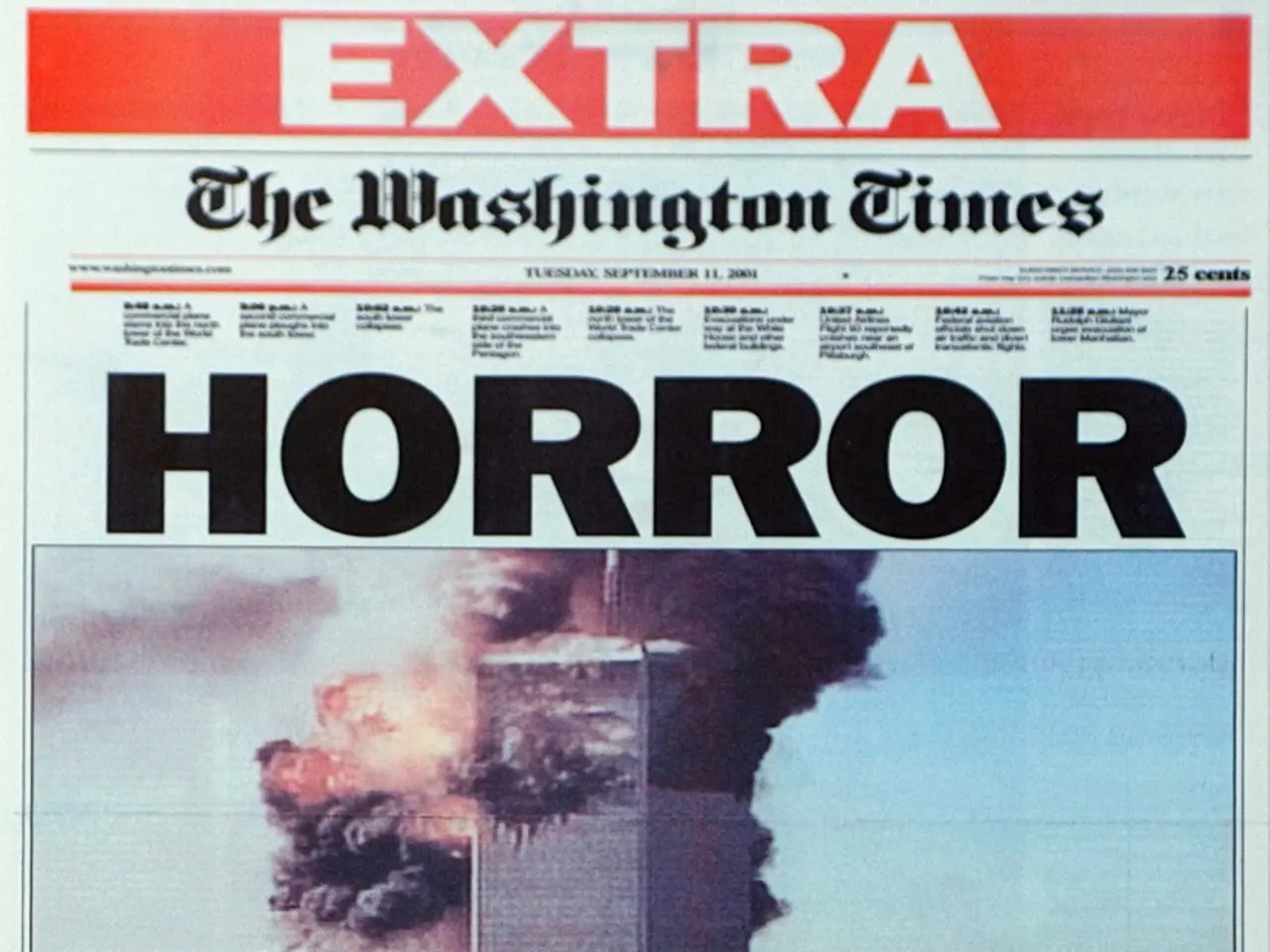Information Demands under the Freedom of Information Act
For those seeking access to government documents, understanding the processes for Mandatory Declassification Review (MDR) and Special Review requests under the Freedom of Information Act (FOIA) and Executive Order 13526 is crucial. These procedures govern the release of classified and unclassified documents held by the National Archives (NARA).
MDR Requests (Classified Documents under Executive Order 13526)
MDR requests apply only to classified documents. When documents are submitted for MDR, NARA reviewers do not have authority to declassify information themselves. Instead, they send copies of classified materials to the relevant equity agencies responsible for classification decisions. The review process is complex and requires coordination with multiple agencies, which typically means the MDR review is not fast due to this interagency review requirement.
NARA reviewers conduct a pass/fail review based on whether withdrawal of documents is necessary. Documents can be withdrawn if equity agencies identify reasons for non-disclosure.
Special Review Requests (Primarily Unclassified Documents)
Special Review applies to unclassified documents and is reviewed under the General Access Restrictions of National Archives regulations (not Executive Order 13526). NARA FOIA staff reviews these requests, often line by line, to identify and redact exempt information as required by FOIA exemptions (e.g., personal data, national security). The review is generally faster than MDR, depending on volumes and backlog, but may still lead to document withdrawal or partial redactions.
Special Review is often used for volumes larger than one box of unclassified records; requests can still be turned into full FOIA requests if needed.
Roles of NARA Reviewers and FOIA Staff
NARA FOIA staff conduct detailed document reviews and apply necessary redactions under FOIA provisions, but cannot declassify classified information. For classified records, their role is to coordinate with equity agencies for classification/declassification decisions; for unclassified records, they directly redact sensitive information.
The FOIA Analyst team manages intake, creates acknowledgment letters detailing request information, and tracks fee categories and any expedited processing needs. Senior FOIA Analysts oversee quality checks, ensuring all responsive records and issues are resolved before final assignment to FOIA Managers.
Timelines
There is no explicit fixed timeline detailed in the search results, but due to multi-agency coordination, MDR review timelines are generally lengthy and unpredictable. Special Review requests have faster turnaround, but the timeline depends on request volume and backlog. FOIA processing timelines may include multi-track processing and expedited handling if requested.
In summary, MDR requests for classified documents require interagency coordination with equity agencies mediated by NARA reviewers who cannot themselves declassify, resulting in longer review times. Special Review requests handle unclassified documents with focused NARA FOIA staff redactions and faster processing under general archival access rules. Researchers will be notified if documents have been withdrawn during the Special Review process.
It's important to note that all DOJ and FBI case files must be requested under the FOIA. If you are seeking access to a large volume of unclassified records, a Special Review request may be the best option. For classified documents, an MDR request is the appropriate choice, although it may take longer to process.
- The process for requesting classified documents under the Freedom of Information Act (FOIA) and Executive Order 13526 falls under Mandatory Declassification Review (MDR), which involves sending copies of classified materials to relevant equity agencies responsible for classification decisions due to the complexity of the interagency review requirement.
- For unclassified documents, the General Access Restrictions of National Archives regulations govern the review process, often known as Special Review, which is managed by NARA FOIA staff who apply necessary redactions as required by FOIA exemptions, ensuring faster processing compared to MDR, but the timeline still depends on request volume and backlog.





